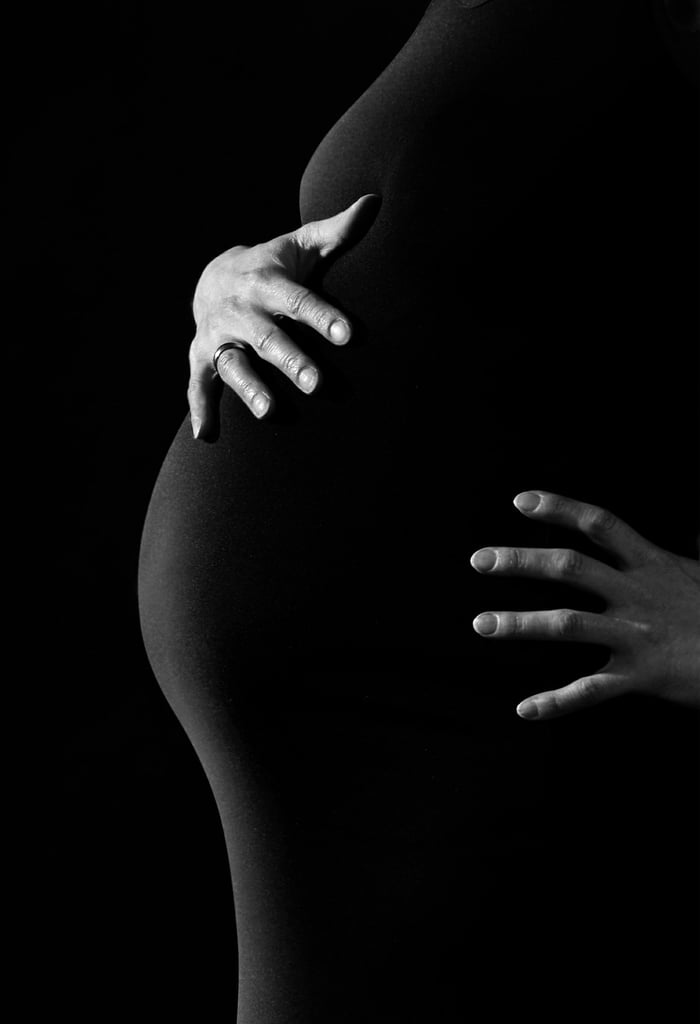 THE HAGUE, Netherlands (CN) – What happened to Trudy Scheele-Gertsen in 1968 wasn’t unique. She was one of over 10,000 women forced to give up their children by the Dutch government because they were unwed. But she is the only person to sue the state for damages.
THE HAGUE, Netherlands (CN) – What happened to Trudy Scheele-Gertsen in 1968 wasn’t unique. She was one of over 10,000 women forced to give up their children by the Dutch government because they were unwed. But she is the only person to sue the state for damages.
In 1956, the Dutch government passed a law which allowed the state to take a child from any woman who couldn’t provide for it. Together with the social stigma surrounding out-of-wedlock births, unmarried women were encouraged or, as some claim, coerced to give their children up for adoption.
Research into these so-called afstandsmoeders (distance mothers) shows that between 1956 and 1984, the year abortion became legal in the Netherlands, an estimated 15,000 children were put up for adoption by 13,000 women.
When her parents discovered the then 22-year-old was pregnant, Scheele-Gertsen says they sent her to a home for unwed mothers. She found the Paula Stichting facility miserable and describes the nuns who ran the nonprofit as “unkind.” Her son was taken out of the room immediately after she gave birth and her parents picked her up a few days later, leaving the baby behind.
According to Scheele-Gertsen, many of the young women at the facility were forced to give birth blindfolded so they wouldn’t even see their babies.
“The bond between mother and children is acknowledged in Dutch law to be sacred and that only in extreme circumstances should that bond be broken,” says Lisa-Marie Komp, the lawyer representing Scheele-Gertsen in the case.
Scheele-Gertsen fought to keep her child. She visited him in the facility where he remained. She claims she wasn’t informed by the state that she had a right to financial assistance from the father of the child.
After she gave birth, she got a job as a nurse and applied for custody. That was rejected by the Child Protection Board, which said a single woman was unsuitable as a mother.
Eventually, Scheele-Gertsen relented and allowed her son to be adopted rather than face a life of living in the facility. She wouldn’t see him again for 48 years.
A 2017 study of the afstandsmoeders by Radboud University in the Netherlands found there was not a widespread policy of removing children from unwed mothers, but that there was “informal coercion for the women to give up their child.”
However, according to Will van Sebille, the chair of the nonprofit De Nederlandse Afstandsmoeder (The Dutch Distance Mother), she hadn’t come across a case where the woman wasn’t coerced in some fashion, by family, doctors or government officials.
“If society thinks that unmarried mothers are unsuccessful creatures, to what extent do you decide yourself? You may think that you made your own choice, but within the context, it was not at all free,” she told Dutch documentary TV program Nieuwsuur this past January.
Van Sebille is herself an afstandsmoeder and claims she was coerced to give up her own child.
“A lot of the 15.000 mothers are getting old so therefore their stories must now be told and listened to,” she said.
Earlier this year, legal protection minister Sander Dekker called for an official investigation into the matter, following a debate in Parliament. In her suit, Scheele-Gertsen wants the government to commit to a proper review of the circumstances of how this was allowed to happen.
“This case is about acknowledging the suffering,” her lawyer Komp said.
Courthouse News Service reporter Molly Quell is based in The Hague, Netherlands.
Subscribe to Closing Arguments
Sign up for new weekly newsletter Closing Arguments to get the latest about ongoing trials, major litigation and hot cases and rulings in courthouses around the U.S. and the world.








